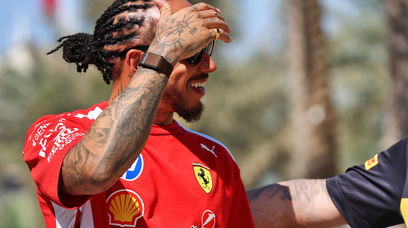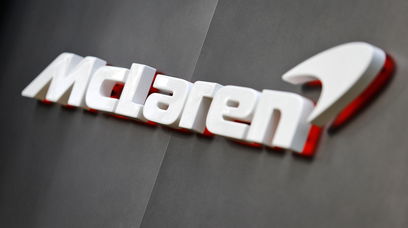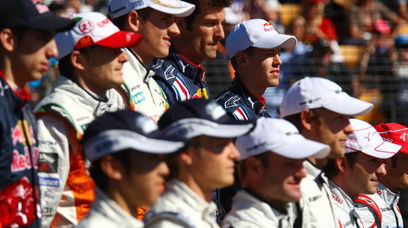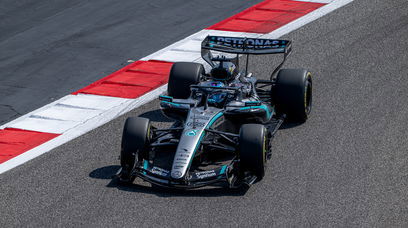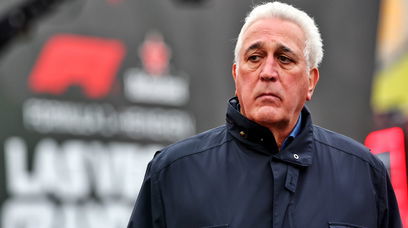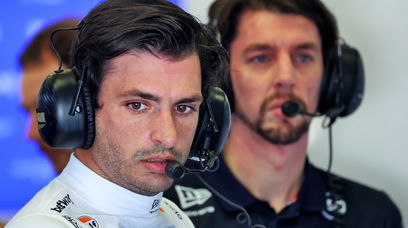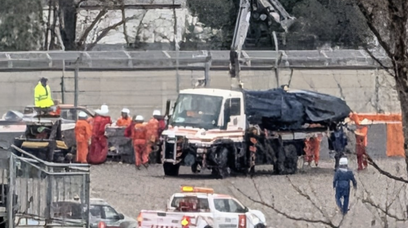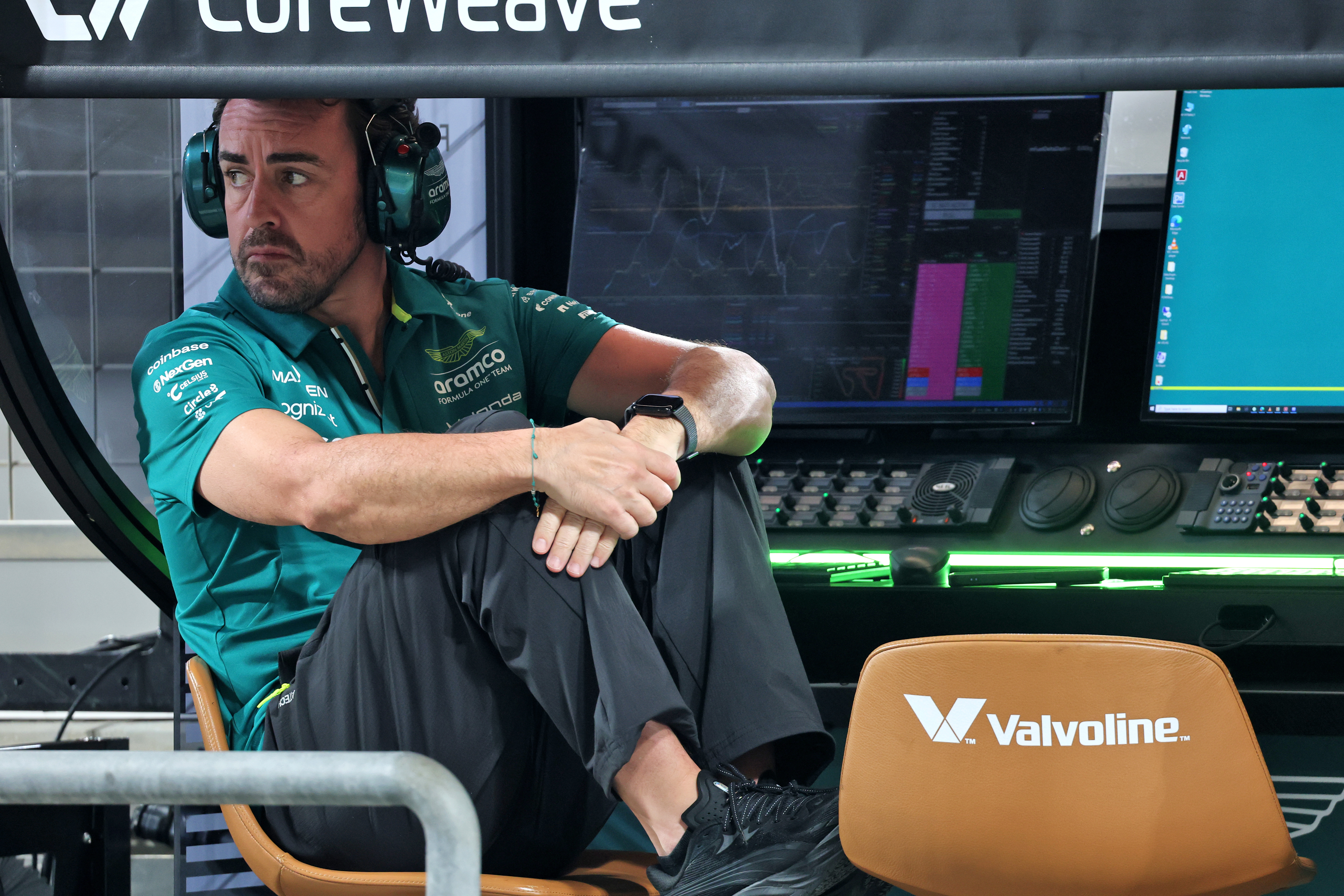First things first. For as long as there have been two-car teams in motorsport, there have been team orders. It is part of the deal of going racing that, on occassion, a team will need to get one of its drivers out of the way and allow the other one through for a win or podium or even maybe just a points finish. After all, in the end, every point count. Down the years, there have been plenty of team orders in F1, with the three most infamous examples probably being Ferrari at the 2010 German Grand Prix where it ordered Felipe Massa to let Fernando Alonso past for the win. There was 'multi-21-gate' from Red Bull at the 2013 Malaysian GP where Sebastian Vettel ignored Red Bull's instruction to stay behind Mark Webber - and as he famously put it, "I was racing, I was faster, I passed him, I won." Then in 2018, Mercedes ordered Valtteri Bottas to cede position to Lewis Hamilton in Russia on a day the Finn had done nothing wrong, to aid Hamilton's title push. But arguably the race that forced team orders into the wider public consciousness came on May 12th, 2002 in Austria when Michael Schumacher, Rubens Barrichello and Ferrari walked into a storm.
By the absolute letter of the law, Ferrari did nothing wrong in ordering Barrichello to let Schumacher through for his fifth win from six races to start the 2002 season. There was nothing in the rulebook that prohibited the deployment of team orders, and so, Ferrari did just that, with Barrichello opting to make a rather public point by slowing down on the exit of the final corner of the final lap to allow his team leader through. The final winning margin was just 0.182s as Ferrari's Jean Todt and Ross Brawn immediately went into defence mode as Barrichello did his best to put on a brave face and Schumacher looked rather sheepish. For a driver renowned for pushing the boundaries, perhaps even he realised that such a blatant move was wrong on a day Barrichello would have won fair and square. Almost before the cool-down lap was over, some in the paddock were screaming foul and in uproar about Barrichello being robbed of a win, but the likes of Ron Dennis over at McLaren - himself no stranger to the occasional team order - defended the move. On the podium, Schumacher stepped down to P2 and invited Barrichello to the top step, but this was merely for show as the record books prove, with Ferrari subsequently hauled before a special hearing by the FIA.
The FIA hearing
Over a month later, with Schumacher now on the verge of his fifth title, the hearing took place in Paris, with the FIA determining that Ferrari had indeed broken no rules with the team order. The only thing that could be pinned on the Scuderia was a breach of podium rules by Schumacher when he invited Barrichello onto the top step and handed him the trophy. For that, a €1 million fine was issued on Ferrari and the two drivers, €500k of which was paid immediately and divided into thirds. The remainder was suspended for a year provided no similar offence did not take place. During the summer FIA president Max Mosley launched a working group that decided team orders would be banned from the 2003 season, so, as all good F1 teams have done when something is banned, they came up with a loophole. They just started talking to the drivers in code, but it wasn't until the famous 2010 German GP and the "Fernando is faster than you" line that team orders reared its head again. That day, Ferrari's Stefano Domenicali, he of current F1 CEO and president fame, defended the approach as the team was summoned for a breach of Article 39.1 of the sporting regulations. It was fined €100,000 for the breach as the FIA committed to a reversal of the team order ban for 2011. Oh, and as for Schumacher, he agreed with Ferrari's tactics at Hockenheim, believing it should do what was necessary to try and secure the drivers' championship. Plus ça change, plus c'est la même chose.
Most read

